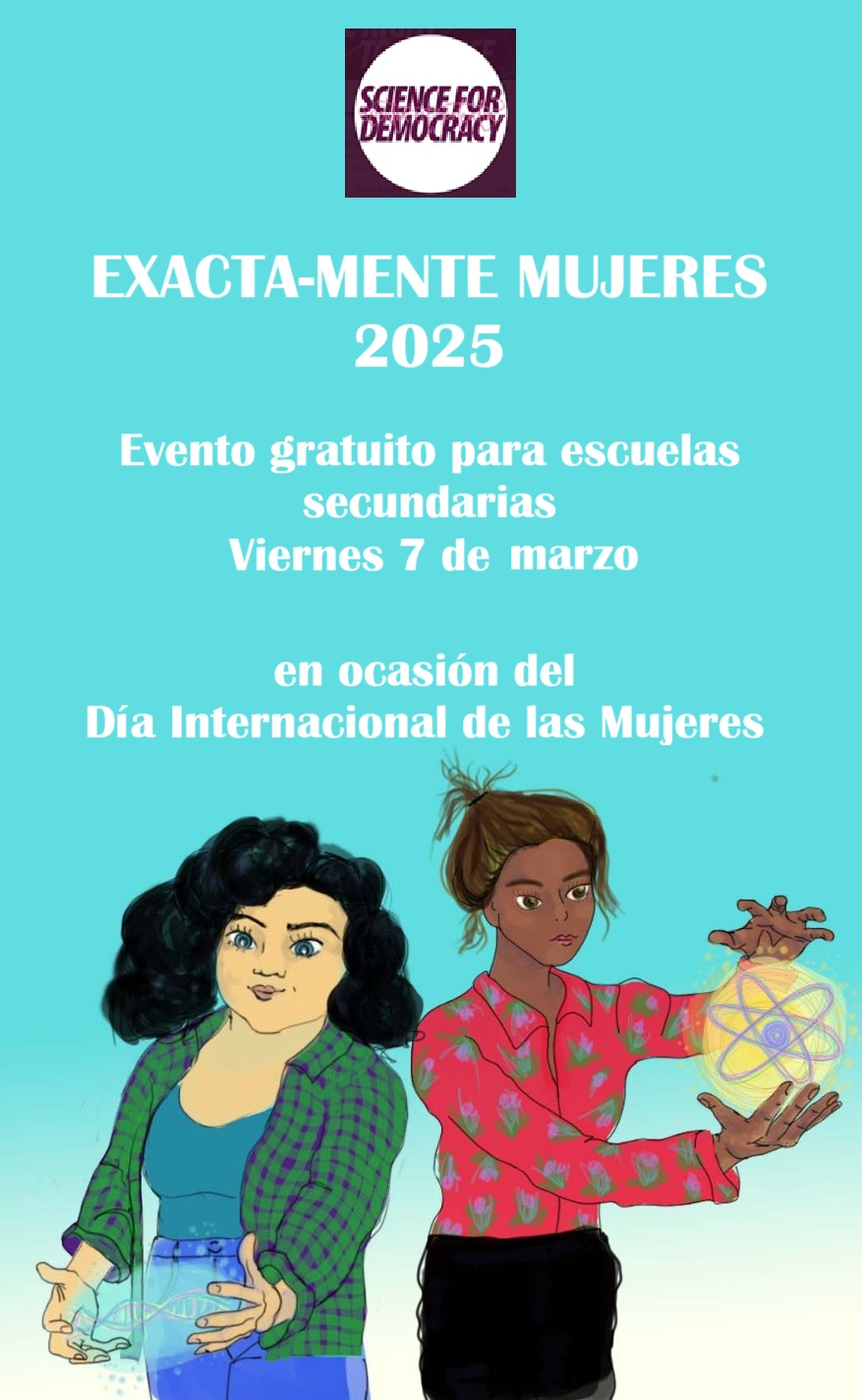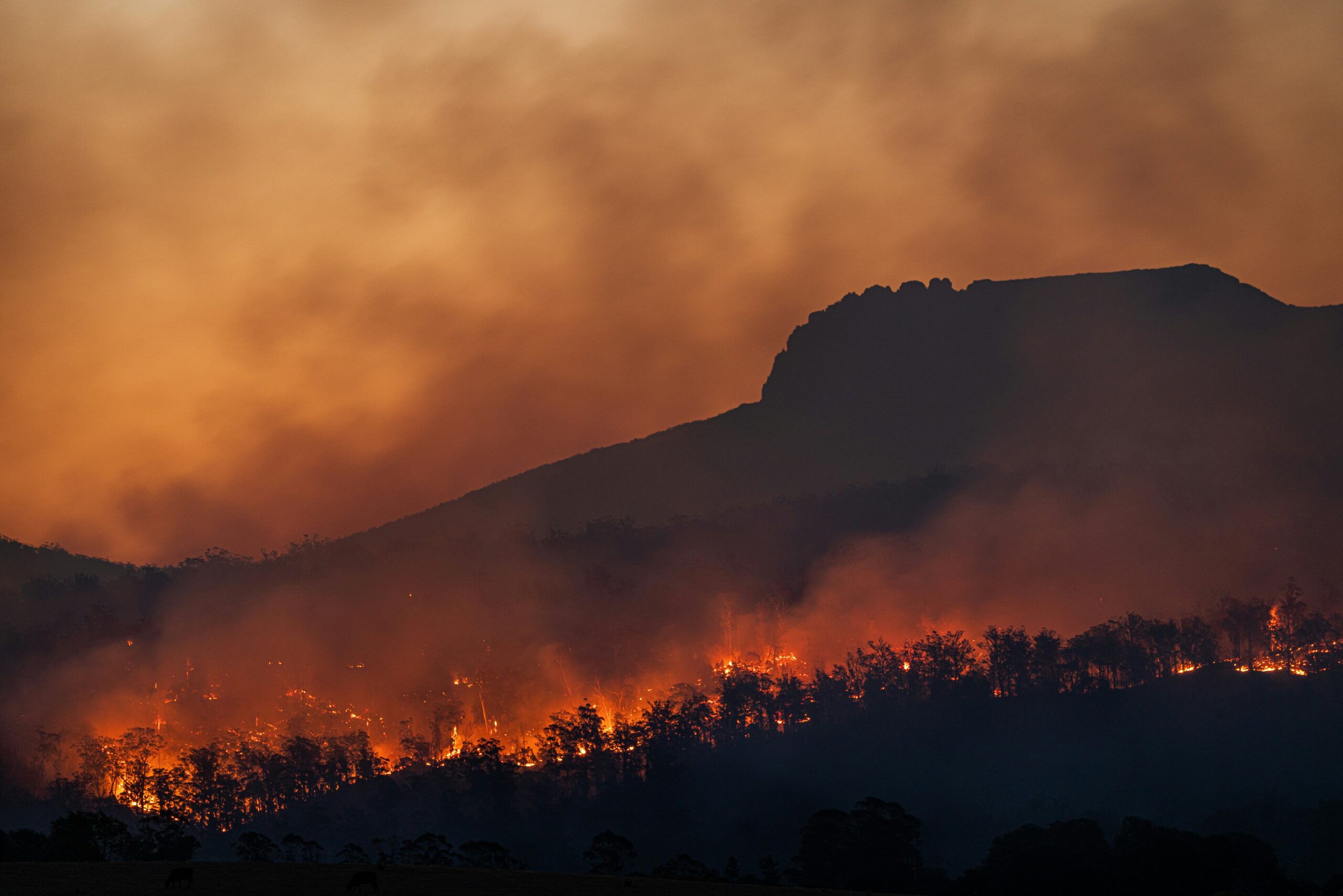
Celebrated every 10 November since 2002, World Science Day for Peace and Development highlights the important role of science in society and the need to engage the wider public in debates on emerging scientific issues.
This year’s celebrations happened in a moment in which the pandemic is obliging, once again, vast regions of the world to toughen their anti-Covid measures at the invitation of the scientific community for fears that we may face a scenario similar to the one of last March.
Over the last months, science and scientists have been at the center of the public discourse to try and inform decisions to slow down the infections, identify possible therapies and launch researches for an effective vaccine.
Despite the lessons that the Sars-cov 2 pandemic has taught us, science continues to be rarely treated as an ally by legislators. In places with populist leaderships, scientists have been presented as yet another elitist way to impose decisions taken by the few eluding public participation, scrutiny or approval. Too often we have seen appeals to trust the “man at the helm” rather than the work of thousands of people that have dedicated their professional lives to researching facts and sharing their findings with their colleagues to pursue theoretical as well as concrete goals.
Science is a complex enterprise, no doubt, both cultural and economic, and, as we have seen, political. In addition to reminding us some basics about viruses and what they are capable of if not addressed early on in their outbreaks, Covid has also taught us that not always “more democracy” equals “more science”.
President Trump, and other democratically elected leaders, have systematically disregarded scientific advice endangering the welfare and wellbeing of thousands of people. Some science skeptics have changed their minds along the way, but there remains a core group of politicians that continue to treat science as a matter of personal opinion. On the other hand, places where democracy is not the law of the land, like China, Singapore or Vietnam, have reacted in less skeptical ways. Beijing heavily invests in research – Chinese contributions to scientific articles now account for some 36% of global scientific publications – and China is well placed in obtaining an effective vaccine for Covid by the end of year.
Joe Biden’s announcement to make science one of the pillars of his term in office is most welcome, EU Commission President Ursula Von der Leyen has opted for a different approach promoting the harmonization of the provision of health services cutting funding for research curtailing innovation in a peculiar phase of human history. While last spring the European Commission hosted a major fundraiser to support research on vaccines, a continental spending review could have targeted other fields, like the common agricultural policy than financing the labs all over the Union to keep them up to speed.
Money is certainly important to science but is not all that matters. Another lesson that must be learned from this pandemic is that in times of global crisis the world must collaborate in a coordinated manner to share knowledge and local progress for the benefit of humankind. It may sound naive but it is what the United Nations were established for.
The Global Alliance for Vaccines and Immunization is an example of how things can be done; GAVI is in fact co-leading COVAX, which ensures access to the COVID-19 tools accelerator that coordinates a global risk-sharing mechanism for pooled procurement and equitable distribution of eventual vaccines. An example of how the right to enjoy the benefits of scientific progress and its applications should be implemented the world over.
This 10 November celebrations happened in a new policy context; in fact, last April, a committee of experts of the UN published a General Comment on Science that clarifies why science is a universal human right listing its elements, the obligations that States party to the International Covenant on Economic, Social and Cultural Rights have, and how civil society should be involved in the promotion of freedom of research, the sharing of knowledge and the right to enjoy the benefits of scientific progress and its applications.
Just like the right to free speech and assembly, to right nationality or to receive medical assistance or to work, or the right not to be discriminated against for the color of our skin, the language we speak or our faith, Science must be respected by all and for all.
On 10 November, Science for Democracy, the Luca Coscioni Association and Eumans hosted “The Human Right to Science. Discuss it. Explore it. Enjoy it” a webinar to underline the importance and relevance of science in our daily lives. It may be worth the three hours it lasts.
Keeping up these types of conversations to influence decision is what we should all do.



